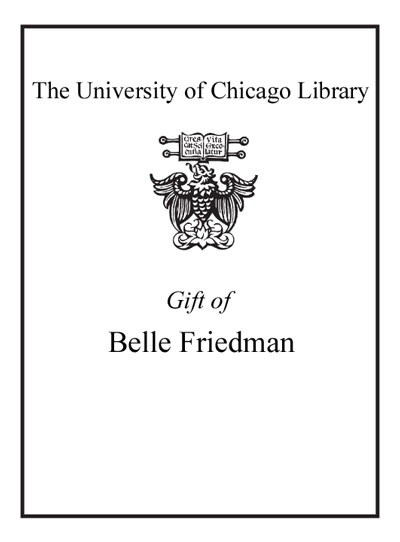Review by Choice Review
Lull and Hinerman (both San Jose State College) have brought together wide-ranging studies on scandal. Their opening essay sets the ecological and typological parameters of scandals and upholds the proposition that media scandal is crucial for moral thinking and decision making. The essays that follow reiterate this but also take the function of media scandals into areas often overlooked. For example, J.B. Thompson theorizes about the social impact of scandals when they exist only as a media event. H. Gray examines media scandal as an overarching event revealing how in the US the majority white race can make blackness the measure of scandal. L. Grindstaff goes behind the scenes of the afternoon TV talk shows to demonstrate how they vary only in degree from other presentations of TV news. S.E. Bird looks at how the audience shapes and uses scandal to understand and reiterate accepted values--and how scandals drive out other information. J. Tomlinson finds the globalization of media does not change the nature or response to scandals; local audiences still make them important in terms of local community values. The other essays examine specific scandals surrounding the presidency, sports, religion, pop music, and celebrities. All the authors find, with some important deviations, that scandals serve a community purpose, help uphold the status quo and majority morality, and at the same time promote the wealth and influence of the media powers. A timely, analytically insightful, and well-focused study for undergraduate and graduate students. R. Cathcart; CUNY Queens College
Copyright American Library Association, used with permission.
Review by Choice Review

